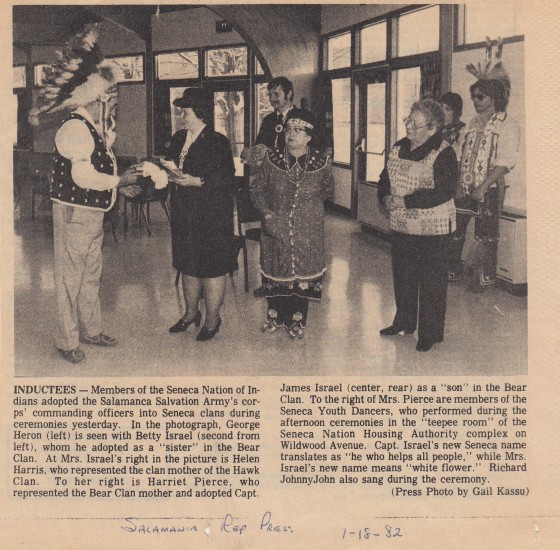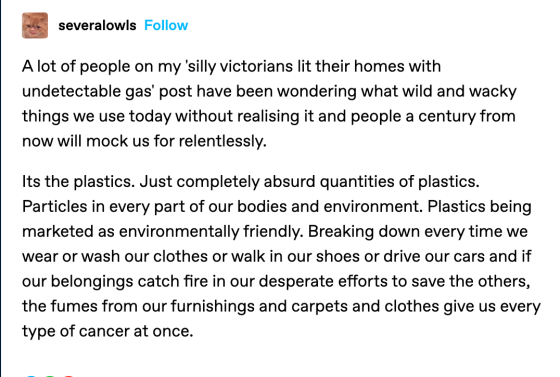2022.01.18

My dad's name was given phonetically as Ha-gu-yah-cla-ga-hus. (My mom was A-wan-ghan)
But that way of getting songs and dances, I guess that's way past our stage. I guess we're too civilized nowadays, cause at that time, see, they practically lived right with the animals and out in the woods all the time. They didn't have no automobiles or airplanes flying around or anything of that sort, and they were so close to nature, I guess that's how they probably got to get some of these songs together. A lot of stories, different stories, has been told of how these songs originated, and all of it starts with them coming from the different animals that were roaming the big forest at that time. And in the mountains and places like that, along the rivers, you can hear all these different kind of songs that was made up. Then as it came along, these persons that had heard these songs had started handing them down to the younger generation, up till today. Like me learning these songs: I learnt that from me going to all these different dances when I was a young lad, just a young kid at that time, just a little boy. Well, I started dancing the Eagle Dance when I was just about eight or nine years old. So now you can see how we carry our religion and traditions and all that. Most of us that had lived right along where the longhouse is, still believe in this religion, and we try to keep up the traditions as our older folks had done years before, and I think that's just the way it's been handed down all down through the years, from generation to generation, as far as I know of.via an interview with Jerome Rothenberg: Parts 1 + 2, Part 3. The interview also speaks of using song for environmental protest (against a dam) so I'm sort of pleased to identify a rough parallel with some of my musical work, even as I realize musical protest is always an uphill climb with clear successes thin on the ground.
How to give an MLK jr Day speech...
Measure with a micrometer. Mark with chalk. Cut with an axe.I feel like I've quoted this a lot, surprised I couldn't find it in my blog history.
I hope people in the Arlington/Somerville/Cambridge area appreciate how I helped ward of major snowfall this last storm by having purchased a new snowblower after the last snow we had.
Murphy can be your friend and ally once you appreciate his mysterious ways.
Good overview of symptoms of the new COVID variant, especially the scratchy throat. (Like I'm always tired and always have some allergy phlegm, so it's good to be knowing what else to look for.)
I wanted to give you something --
no stone, clay, bracelet,
no edible leaf could pass through.
Even a molecule's fragrance by then too large.
Giving had been taken, as you soon would be.
Still, I offered the puffs of air shaped to meaning.
They remained air.
I offered memory on memory,
but what is memory that dies with the fallible inks?
I offered apology, sorrow, longing. I offered anger.
How fine is the mesh of death. You can almost see through it.
I stood on one side of the present, you stood on the other.

We often have to explain to young people why study is useful. It's pointless telling them that it's for the sake of knowledge, if they don't care about knowledge. Nor is there any point in telling them that an educated person gets through life better than an ignoramus, because they can always point to some genius who, from their standpoint, leads a wretched life. And so the only answer is that the exercise of knowledge creates relationships, continuity, and emotional attachments. It introduces us to parents other than our biological ones. It allows us to live longer, because we don't just remember our own life but also those of others. It creates an unbroken thread that runs from our adolescence (and sometimes from infancy) to the present day. And all this is very beautiful.
